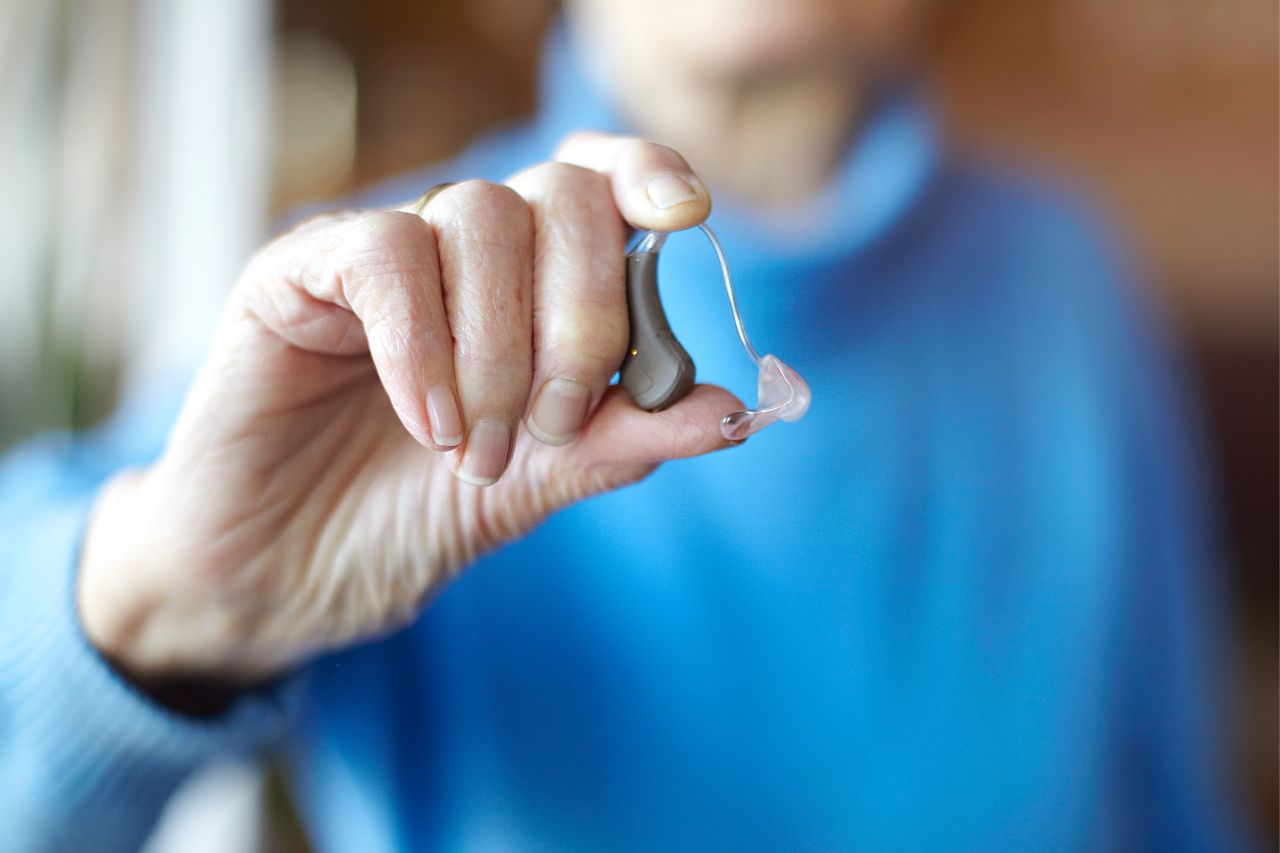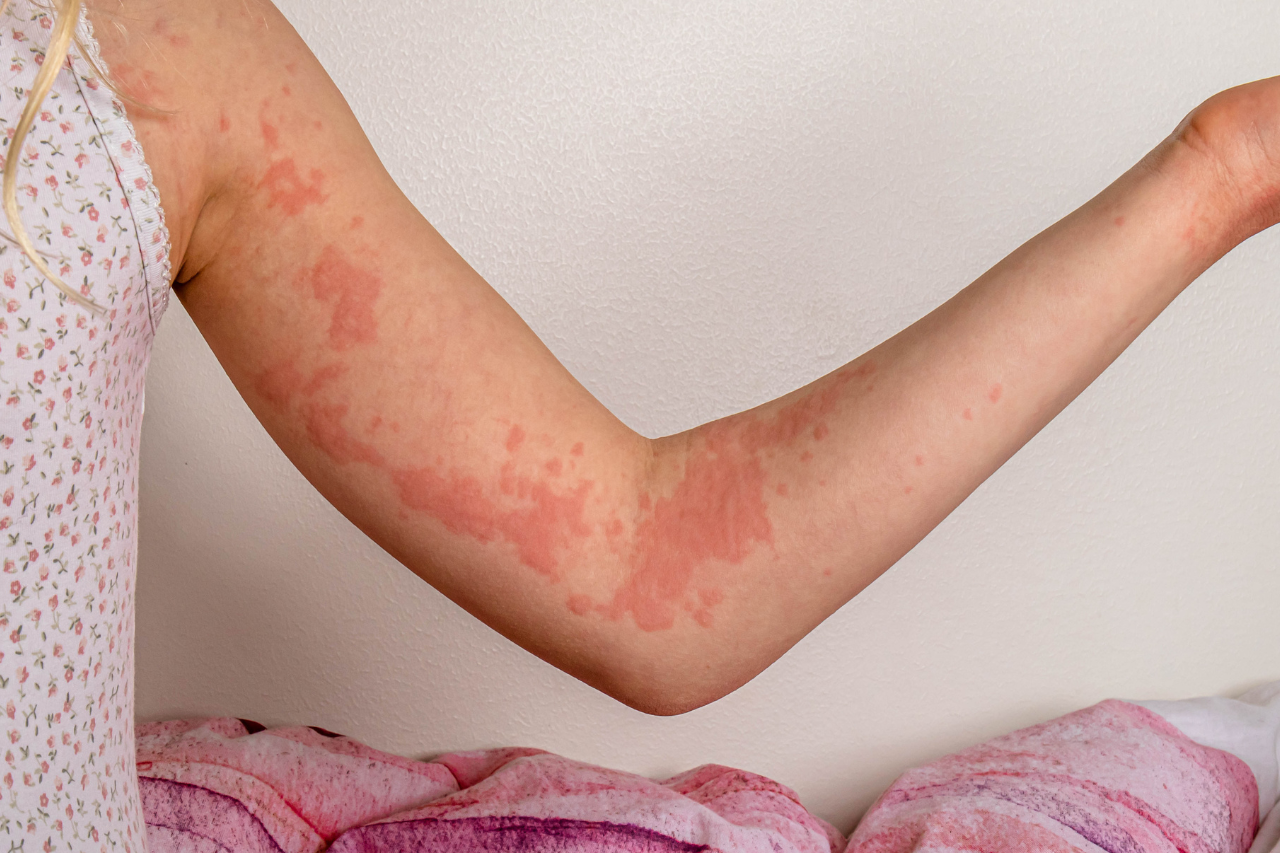How Do Babies Get Asthma?

Asthma can affect people of all ages, including babies. It’s difficult to determine why any particular infant develops the condition. However, there are risk factors that increase the likelihood they will.
Understanding the conditions that may lead to childhood asthma is helpful, as some of them can be prevented. It’s also crucial to know the symptoms of the disease so you can get proper treatment for your baby and reduce the risk of lung damage.
Asthma Symptoms in Infants
Asthma in babies can look different than in children, teens, and adults. You should talk with your pediatrician if you observe any of the symptoms below in your baby.
- Rapid breathing
- Signs of working hard to breathe, including skin sucking in around the ribs or above the sternum, vigorous belly movement, and flaring nostrils
- Wheezing or whistling sounds when breathing
- Persistent coughing
- Panting due to activities like playing
- Unusual tiredness
- Trouble with sucking or eating
- Lack of interest in typical activities
- Unusual color around the eyes or in the lips, tongue, nail beds, or fingertips (called cyanosis). This can be bluish in babies with lighter skin tones and whitish/grayish in those with darker skin tones.
Other illnesses can also cause these symptoms, so discussing them with your doctor is essential. They can seek the cause and determine the appropriate treatment.
Be aware that diagnosing asthma in infants is challenging since they can’t describe their symptoms and typically don’t do well with diagnostic procedures like lung function tests. Still, your pediatrician can recommend allergy testing, blood tests, and X-rays to help them understand your baby’s breathing problems.
Causes of Asthma in Babies
Factors that can increase the risk of asthma in infants include:
- The mother smoking while pregnant
- Exposure to cigarette smoke, air pollution, and other irritants after birth
- Family history of allergies and asthma
- Respiratory viruses
Some risk factors, like family history, are beyond a parent’s control. However, it’s crucial to protect unborn and newborn babies from exposure to substances that can make them more susceptible to developing asthma.
Can Babies Outgrow Asthma?
Every baby’s experience with asthma is unique. However, once an infant’s airways develop a sensitivity to asthma triggers, they will likely continue to be at risk of symptoms and asthma attacks for life.
The good news is that asthma is a treatable condition. In addition, some children experience fewer symptoms as they age and their airways grow.
If your doctor diagnoses asthma in your baby, they’ll help you understand and manage it. Typically, that involves developing an asthma action plan that can include medication to reduce the risk of asthma attacks and fast-acting medicines used to treat attacks.
It’s also crucial to identify your baby’s asthma triggers, which may include:
- Pet dander
- Mold
- Dust mites
- Pollen
- Smoke
- Other airborne allergens
With that knowledge, you can minimize your child’s exposure to these substances and mitigate their symptoms and risk of an asthma attack.
Learn More About Asthma Care at Baptist Health
Baptist Health has deep expertise in asthma care. If your baby or anyone in your family is affected by asthma, it’s essential to educate yourself about the condition and how to manage it.
Learn about our allergy and asthma care services.



